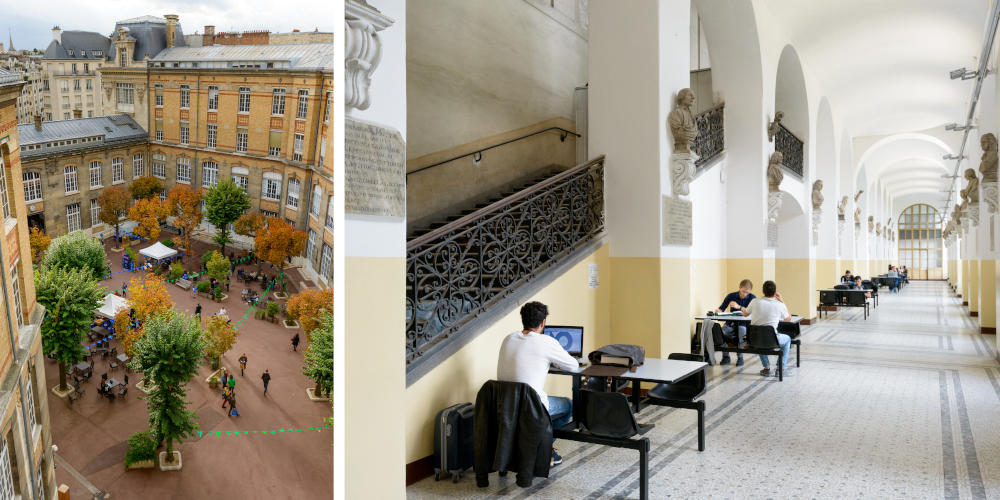ESCP Europe Business School: Two Hundred Years At The Top
Text: Katie Turner | Photo © Escp Europe / Dan Tsantilis

Paris 1819. The industrial revolution is on the horizon and the latest innovations include sewers and streetlights. As the city’s population swells to accommodate workers, so too the entrepreneurs of the day need the skills to manage the fast-evolving workplace.
It was at this point that the first incarnation of ESCP Europe Business School opened its doors to students.
Today, students from more than 100 countries study on campuses in Berlin, London, Madrid, Paris, Turin and Warsaw.
“Europe isn’t individual countries acting on their own anymore,” says Frank Bournois, the dean. “We act as one. We offer a European management model for the global marketplace.”
Bournois has made a career of helping businesses identify and train their top management.
So is he not worried most jobs will be done by machines by the time the tricentenary rolls around? “Not at all,” says Bournois, “Technology must be harnessed. AI and Big Data will really help decision-making in the future but you’ll still need humans to do the management.”
“By 2030 we won’t even be using the term ‘digital’,” he continues. “You don’t say ‘an electric vacuum cleaner’ do you? We all know what it is and how it works. It’s like anything new, it just takes time to get used to the idea.”
The future is here for students at the School. ESCP Europe’s digital incubator, the ‘Blue Factory’, is already testing their innovations and ideas. “Given our six campuses, plus close relationships with partner schools in China and the US, we can test in an internal international market before putting products out there for real,” explains Bournois.
The oldest business school in the world , ESCP is consistently rated among the very best. The Masters in Management and in Finance are fifth and second respectively, in the current Financial Times global rankings.
For school-leavers, the Bachelor in Management offers something unique: three years, on three campuses, in three languages. The course is also run in English for those coming from further afield. “It’s bold, but offers a really international approach,” says Bournois “And intake has doubled every year since the course was first offered in 2015.” 98 per cent of students are employed within three months of graduation.
“Not many business schools can say they’ve been at the top of their game for 200 years – our strategy is working,” says Bournois.

Subscribe to Our Newsletter
Receive our monthly newsletter by email





